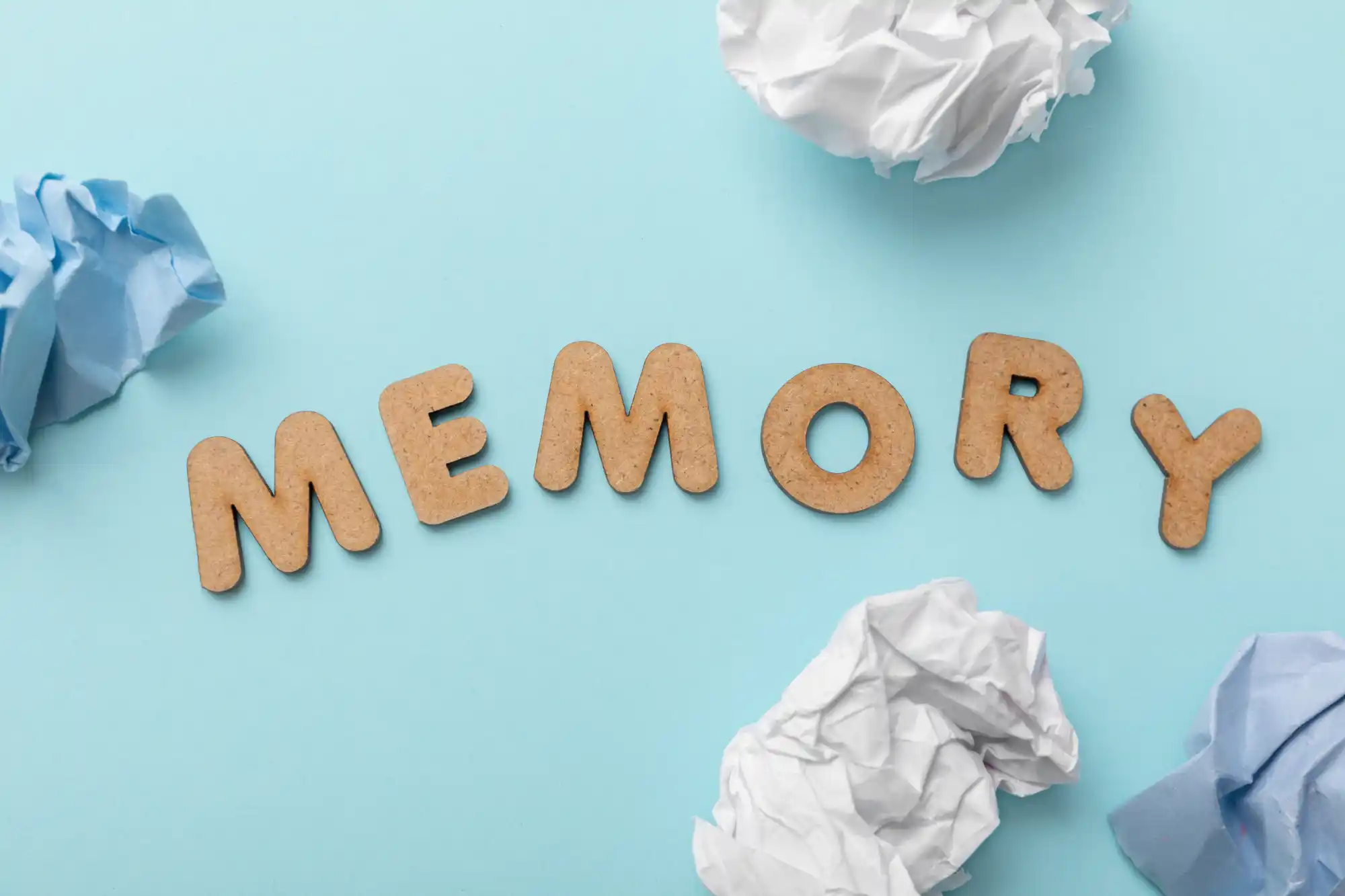
How Task Switching Damages Your Memory – And 5 Proven Ways to Stop It
Discover how multitasking fragments memory and proven strategies to protect brain function and boost focus—backed by neuroscience.
How Task Switching Damages Your Memory – And 5 Proven Ways to Stop It
Do you ever walk into a room and forget why you’re there? Or finish a conversation and immediately struggle to recall key points? It’s not just stress or aging—it’s often the direct result of task switching.
Let’s explore how jumping between tasks can impair your memory and what science-backed steps you can take to protect your brain.
What Happens to Your Brain When You Switch Tasks
When you toggle between texting, emailing, and talking, your brain must reorient itself each time. This constant redirection doesn’t allow your brain to fully encode the information it was just processing. Instead, you’re left with fragmented memory traces—bits and pieces that don’t link well together.
The Role of the Hippocampus and ‘Event Boundaries’
Neuroscience reveals that every time your attention shifts—whether from a new conversation topic or a scene change in a movie—your brain creates what’s called an event boundary.
This process activates your hippocampus, the part of the brain responsible for memory formation.
While these boundaries help store events into memory chunks, they also cause the brain to temporarily “close the file” on the previous moment. That’s why it’s harder to recall what happened before the switch.
Why Fragmented Memory Happens in Everyday Life

Think of your day: You answer an email, then check a message, then go back to a task, then get interrupted. Each switch creates small memory fragments that don’t connect smoothly.
These fragments can compete with one another, leading to confusion, memory lapses, and mental fatigue.
That’s the same reason you forget why you entered the kitchen after walking through three rooms—your mental context was updated multiple times along the way.
5 Ways to Reduce Task Switching and Boost Your Memory
Let’s reclaim your focus and improve memory by building habits that reduce cognitive fragmentation.
1. Use Time Blocking to Stay Focused
Dedicate blocks of time to single tasks. When you batch similar activities, your brain stays in one mental context longer, improving memory and performance.
2. Turn Off Non-Essential Notifications
Every ping is a potential event boundary. Disable notifications on your phone and desktop during focus periods to avoid memory-breaking interruptions.
3. Practice Mindfulness to Strengthen Attention
Mindfulness training helps your brain resist distraction. Just 10 minutes of daily focused breathing can increase your brain’s ability to maintain attention.
4. Use the “Two-Minute Rule” to Complete Micro-Tasks
If a task takes under two minutes, do it immediately. Avoid letting small to-dos pile up and force you into constant context shifts throughout the day.
5. Create Environmental Cues for Mental Anchoring
Use environmental triggers—like a dedicated workspace or background music—to signal your brain that it’s time to focus. This helps maintain a single mental context longer.
Final Thoughts:
Protecting Your Brain in a Distracted World
Task switching isn’t just a productivity killer—it’s a memory disruptor. By understanding the neuroscience behind attention and memory, we can make intentional choices to protect our brain’s performance. Prioritize focus, minimize interruptions, and your brain will thank you—now and in the years to come. Schedule a free consultation with our certified brain coach today.
Action:
Want personalized strategies to boost your memory and attention?
👉 Schedule a free consultation with our certified brain coach today.

Helping clients improve brain health and prevent Alzheimer’s through expert coaching.
Navigate

Helping clients improve brain health and prevent Alzheimer’s through expert coaching.
Navigate

Helping clients improve brain health and prevent Alzheimer’s through expert coaching.


